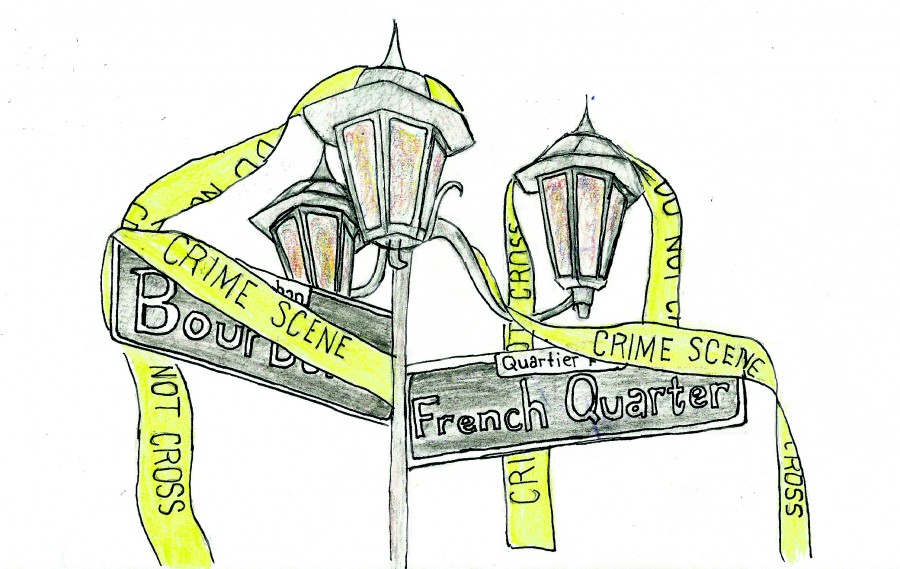Senator Kennedy misunderstands crime in NOLA
Sen. John Kennedy has pure intentions for New Orleans in his fiery op-ed for The Times-Picayune, in which he proposes solutions aimed at reducing crime in the city. Nevertheless, his solutions are fundamentally flawed, relying on fear-mongering rather than addressing the systemic problems causing higher crime rates.
Kennedy supports more aggressive policing to lower crime rates and increase the safety of citizens. A January 2017 Princeton University study shows there is a correlation between lower crime rates and an increased number of police on the beat, with a 3.6 percent increase in the number of police officers resulting in both a 4.8 percent decrease in violent crime and 3 percent decrease in property crime. Though such an increased police presence is a starting point to make the community safer, it simply acts as a band-aid over the cause of crime in New Orleans: poverty.
According to the Bureau of Justice, people at or below the federal poverty level were on average more likely to commit crimes than those above the poverty level but also twice as likely to be victims of violent crime as high-income individuals. With more than a quarter of people in New Orleans falling below the poverty line, the environment breeds crime, setting up both victims and criminals for an ongoing cycle of poverty and violence. Therefore, the narrative needs to be changed from how crime can be stopped to how poverty can be reduced.
Stopping crime and throwing more people into jail will not solve a crime epidemic unless the material conditions at the root of the problem are addressed. Furthermore, increasing the number of police in the field and instituting policies like stop-and-frisk can result in negative perceptions of the police and increased hostility regardless of whether these policies reduce crime.
The constitutionality and usefulness of stop-and-frisk policies remain highly controversial, but one thing is certain about this policy: it causes distrust. The Vera Institute of Justice found that in highly-policed New York City neighborhoods, 88 percent of young adult residents who reported having been stopped by police at least once before now distrusted police, resulting in 76 percent of those surveyed saying they would not report a crime they witnessed and 59 percent saying they would not even report a violent crime to which they were subject.
In an age in which tensions with police are already high, adding such a policy will not only cause more tension–it could also result in less community self-policing and more unreported crimes. This would create more opportunities for criminals to act, increasing the dangers in already poverty-stricken communities. New Orleans cannot risk these consequences and must make safe, measured responses to crime rather than resorting to knee-jerk reactions.
This is an opinion article and does not reflect the views of The Tulane Hullabaloo. Quinn is a freshman at Newcomb-Tulane College. He can be reached at [email protected].
Leave a Comment
Your donation will support the student journalists of Tulane University. Your contribution will allow us to purchase equipment and cover our annual website hosting costs.



Daniela Bitner • Aug 30, 2017 at 10:21 am
Quinn…
On point and well written!
Joe Nardell • Aug 27, 2017 at 2:01 pm
Without a doubt it’s a thoughtful article but where are the solutions Sen. Kennedy should consider?